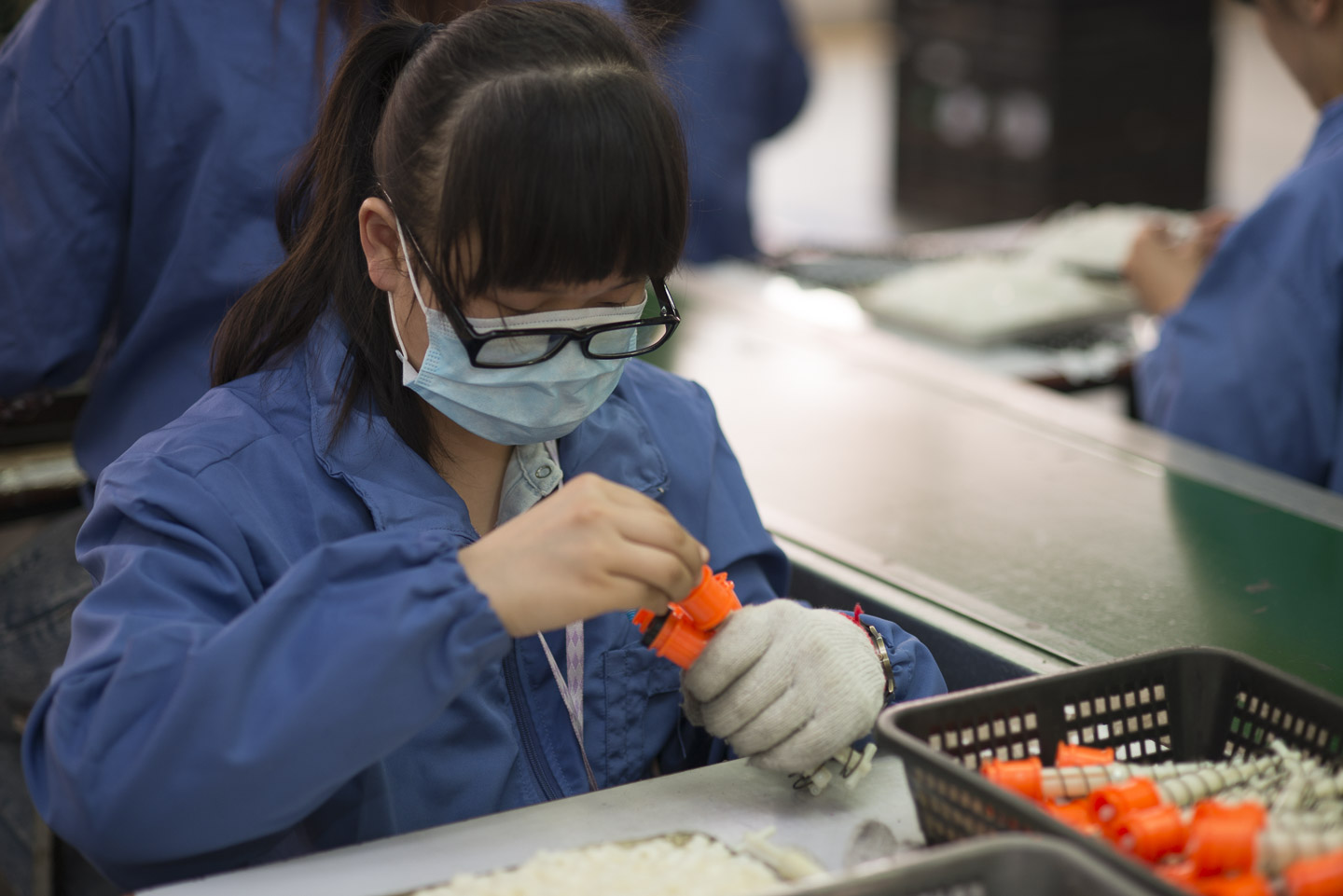

Young Workers (aged 16-25) currently form nearly half of the workforce in the electronics manufacturing industry. Their effective management – with an aim at retention and successful skill development – is recognised as a growing challenge to efficient supply chain operations.
Just as relevant, is the growing reliance of factories on student workers (58% of surveyed factories currently hire student workers) who form the most vulnerable demographic in need of dedicated support.
In an effort to contribute toward stronger awareness and development of solutions on the issue, CCR CSR (known as The Centre for Child Rights and Business since 2021) partnered with CESA to conduct a detailed research study on the workers’ needs and existing management practice in 2014. Close to 825 workers and 44 managers from 24 electronic factories across China participated in the research. The results of “Staying on: A study on Young Workers in the Electronics Industry” help to highlight an important gap regarding:
Insufficient protection of youngest workers (16-20), relying on labour agents and intermediaries for job introduction process. There is a critical need on part of HR to emphasise an inclusive and supportive hiring process, followed by professional guidance.
Entrenched perception on the role of salary as a critical means of workplace retention and motivation factor. Beyond wages, little or no attention is paid to workers integration or sense of belonging to workplace and community on part of the management.
Growing education levels (20% of surveyed youth held college degrees) and expectations among workers, who struggle with weaker social skills, emotional resilience and ability to integrate in a new environment
Critically, 70% of factory management respondents currently see salary increase as the best means to motivate and retain workforce. Only 14% try to emphasize other measures, such as dedicated communication strategy. This study aims to encourage stronger consideration of this and other measures, going beyond the usual approach towards more effective solutions.
Additional insight is also provided into circumstances and vulnerability of the youngest workforce (aged 16-20), many of whom grew up as left-behind children and might struggle with successfully adapting to a new workplace and community.
Please contact us to request further information.
By using this website, you agree to our use of cookies. We use cookies to provide you with a great experience and to help our website run effectively.